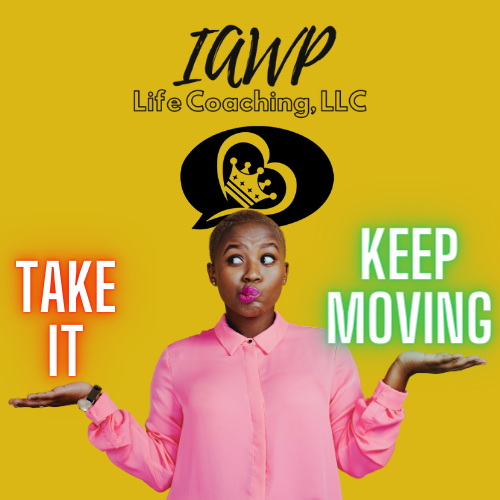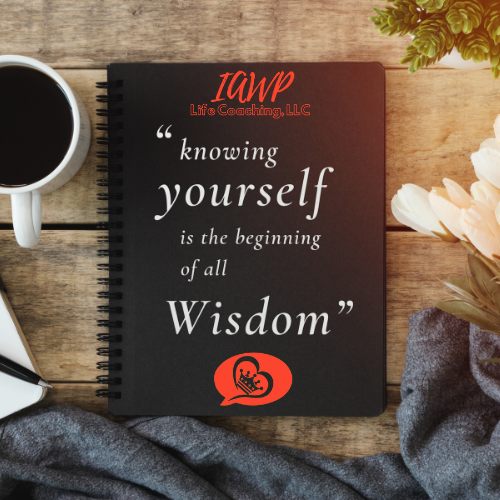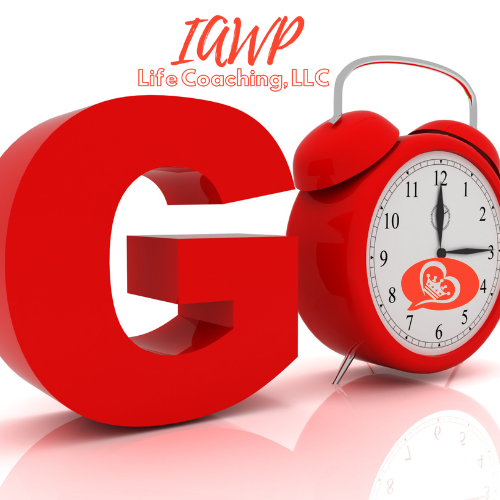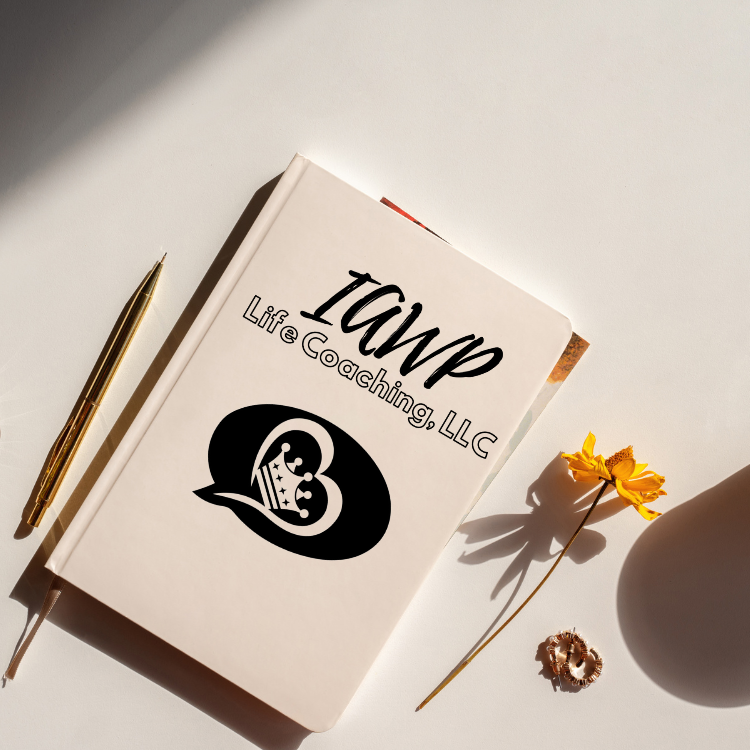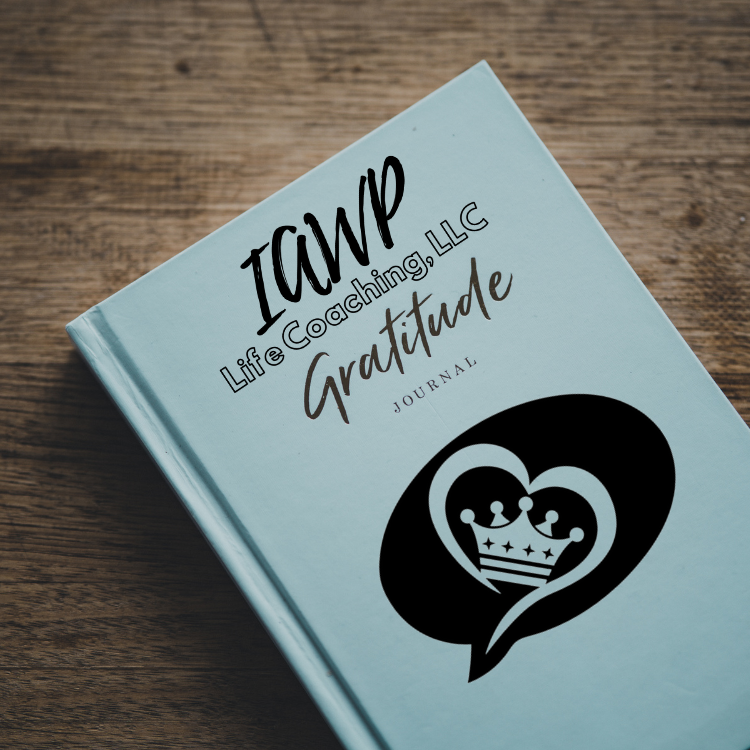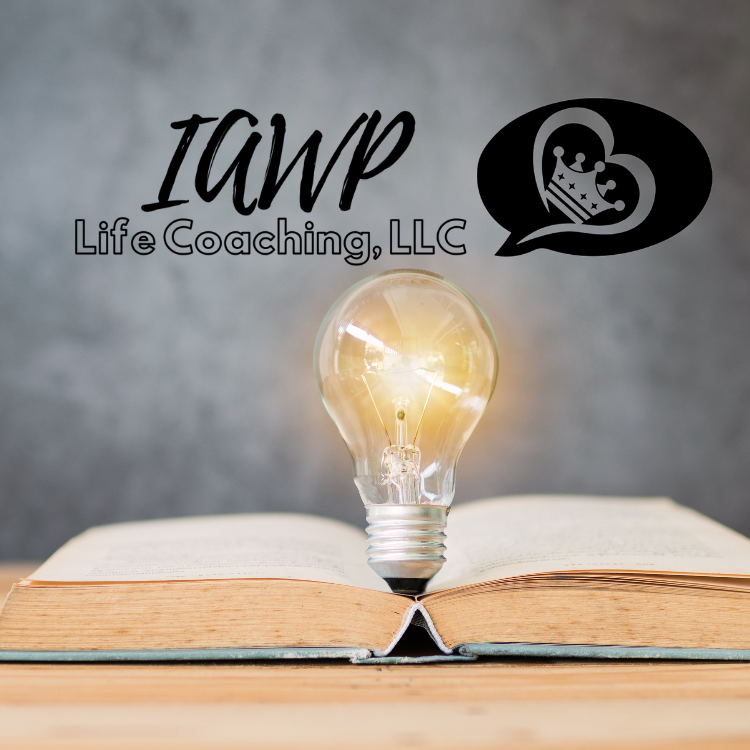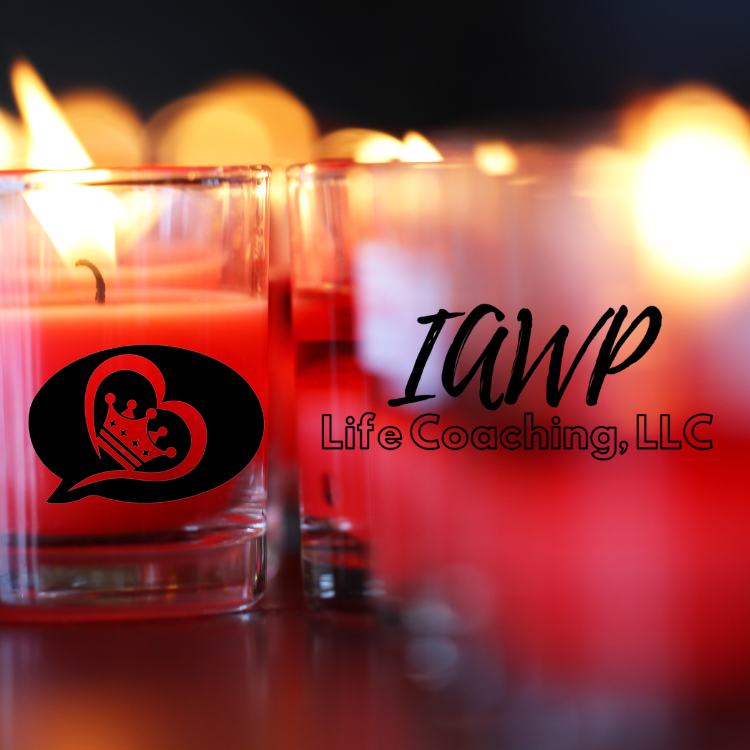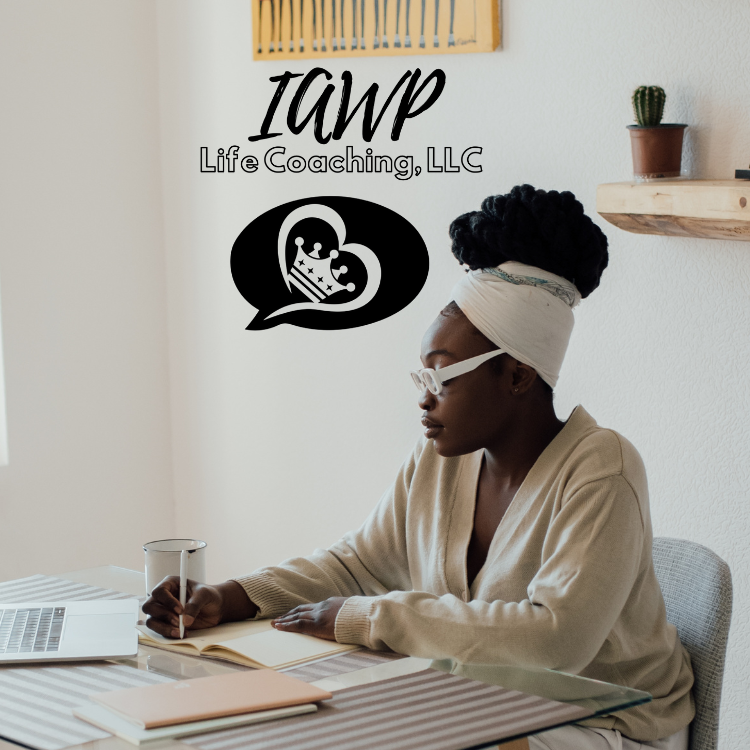Greetings! I am Wintress Patrice, a Certified NLP Life Coach and founder of IAWP Life Coaching, LLC. Today, I’d like to engage you in an enlightening conversation about an essential aspect of personal growth and development – respecting oneself.
In our society, we often equate respect with outward-facing behaviors: how we treat others, the actions we take in our community, the way we conduct ourselves professionally. These are indeed integral elements of respect. However, we must not forget that respect also begins from within, in the way we treat ourselves.
Respecting yourself means listening to your body and emotions continuously. It involves a keen understanding and genuine acknowledgment of your physical, emotional, and mental needs. Your body and your feelings are more than just components of your existence; they’re barometers that gauge your overall wellness.
Our bodies speak to us in various ways. Tiredness, energy, aches, comfort, discomfort, all these sensations, when properly deciphered, give us insight into our physical health and emotional state. When we ignore our bodies, when we push beyond our limits without adequate rest or nourishment, we’re not respecting ourselves. We’re effectively silencing a conversation that our bodies desperately want to engage in for our own well-being.
Similarly, our emotions are not merely reactions to situations; they’re also signals about what’s happening inside us and how we relate to the world around us. Fear, joy, sadness, excitement, anger – each emotion carries a message. Respect means acknowledging these emotions, understanding their roots, and processing them healthily. It is about maintaining an open dialogue with your feelings, listening without judgment, and acting appropriately.
Listening to your body and emotions doesn’t mean acting impulsively, nor does it equate to indulging every desire. Instead, it suggests a mindful approach where you assess your feelings and physical cues to make informed decisions about your well-being.
Acting beyond a linear logic plays a crucial role in this process. Traditional, linear thinking might encourage us to suppress our feelings or ignore our body’s signals in the pursuit of our goals. However, this approach can lead to burnout, emotional distress, and ultimately, hinder our progress.
To respect ourselves and achieve our goals, we must incorporate a non-linear approach. This involves understanding that our journey towards our goals isn’t always a straightforward path. There will be detours, pauses, and reroutes – and that’s perfectly okay. It’s about embracing the uncertainty and the ups and downs, knowing that each step, no matter how small, is progress.
Understanding and respecting our body and emotions help us build resilience and foster a strong, positive relationship with ourselves. It allows us to better navigate challenges, recover from setbacks, and stay focused on our goals, reinforcing that the journey towards those goals is just as important as the destination itself.
Incorporate mindful practices like meditation, journaling, yoga, or simple self-reflection into your daily routine. These can help you listen to your body and understand your emotions more effectively. Remember to seek professional help if you find it difficult to manage your emotions or physical well-being.
In conclusion, respecting yourself by listening to your body and emotions is a critical step in achieving your goals. It promotes a holistic approach to personal growth and well-being, taking you beyond linear thinking. Embrace the journey, cherish every step, and remember, it’s not just about where you’re going, but also how you get there.
Thank you for being here with me on this journey of self-discovery and personal growth. I hope this message encourages you to treat yourself with the respect you deserve and enables you to forge a more compassionate and mindful path towards your goals.
Love & Light,
Wintress Patrice
Certified NLP Life Coach
oxox
Title: Respecting Yourself: Listening to Your Body and Emotions to Achieve Your Goals
Greetings! I am Wintress Patrice, a Certified NLP Life Coach and founder of IAWP Life Coaching, LLC. Today, I’d like to engage you in an enlightening conversation about an essential aspect of personal growth and development – respecting oneself.
In our society, we often equate respect with outward-facing behaviors: how we treat others, the actions we take in our community, the way we conduct ourselves professionally. These are indeed integral elements of respect. However, we must not forget that respect also begins from within, in the way we treat ourselves.
Respecting yourself means listening to your body and emotions continuously. It involves a keen understanding and genuine acknowledgment of your physical, emotional, and mental needs. Your body and your feelings are more than just components of your existence; they’re barometers that gauge your overall wellness.
Our bodies speak to us in various ways. Tiredness, energy, aches, comfort, discomfort, all these sensations, when properly deciphered, give us insight into our physical health and emotional state. When we ignore our bodies, when we push beyond our limits without adequate rest or nourishment, we’re not respecting ourselves. We’re effectively silencing a conversation that our bodies desperately want to engage in for our own well-being.
Similarly, our emotions are not merely reactions to situations; they’re also signals about what’s happening inside us and how we relate to the world around us. Fear, joy, sadness, excitement, anger – each emotion carries a message. Respect means acknowledging these emotions, understanding their roots, and processing them healthily. It is about maintaining an open dialogue with your feelings, listening without judgment, and acting appropriately.
Listening to your body and emotions doesn’t mean acting impulsively, nor does it equate to indulging every desire. Instead, it suggests a mindful approach where you assess your feelings and physical cues to make informed decisions about your well-being.
Acting beyond a linear logic plays a crucial role in this process. Traditional, linear thinking might encourage us to suppress our feelings or ignore our body’s signals in the pursuit of our goals. However, this approach can lead to burnout, emotional distress, and ultimately, hinder our progress.
To respect ourselves and achieve our goals, we must incorporate a non-linear approach. This involves understanding that our journey towards our goals isn’t always a straightforward path. There will be detours, pauses, and reroutes – and that’s perfectly okay. It’s about embracing the uncertainty and the ups and downs, knowing that each step, no matter how small, is progress.
Understanding and respecting our body and emotions help us build resilience and foster a strong, positive relationship with ourselves. It allows us to better navigate challenges, recover from setbacks, and stay focused on our goals, reinforcing that the journey towards those goals is just as important as the destination itself.
Incorporate mindful practices like meditation, journaling, yoga, or simple self-reflection into your daily routine. These can help you listen to your body and understand your emotions more effectively. Remember to seek professional help if you find it difficult to manage your emotions or physical well-being.
In conclusion, respecting yourself by listening to your body and emotions is a critical step in achieving your goals. It promotes a holistic approach to personal growth and well-being, taking you beyond linear thinking. Embrace the journey, cherish every step, and remember, it’s not just about where you’re going, but also how you get there.
Thank you for being here with me on this journey of self-discovery and personal growth. I hope this message encourages you to treat yourself with the respect you deserve and enables you to forge a more compassionate and mindful
path towards your goals.
Love & Light,
Wintress Patrice
Certified NLP Life Coach
oxox
Title: Respecting Yourself: Listening to Your Body and Emotions to Achieve Your Goals
Greetings! I am Wintress Patrice, a Certified NLP Life Coach and founder of IAWP Life Coaching, LLC. Today, I’d like to engage you in an enlightening conversation about an essential aspect of personal growth and development – respecting oneself.
In our society, we often equate respect with outward-facing behaviors: how we treat others, the actions we take in our community, the way we conduct ourselves professionally. These are indeed integral elements of respect. However, we must not forget that respect also begins from within, in the way we treat ourselves.
Respecting yourself means listening to your body and emotions continuously. It involves a keen understanding and genuine acknowledgment of your physical, emotional, and mental needs. Your body and your feelings are more than just components of your existence; they’re barometers that gauge your overall wellness.
Our bodies speak to us in various ways. Tiredness, energy, aches, comfort, discomfort, all these sensations, when properly deciphered, give us insight into our physical health and emotional state. When we ignore our bodies, when we push beyond our limits without adequate rest or nourishment, we’re not respecting ourselves. We’re effectively silencing a conversation that our bodies desperately want to engage in for our own well-being.
Similarly, our emotions are not merely reactions to situations; they’re also signals about what’s happening inside us and how we relate to the world around us. Fear, joy, sadness, excitement, anger – each emotion carries a message. Respect means acknowledging these emotions, understanding their roots, and processing them healthily. It is about maintaining an open dialogue with your feelings, listening without judgment, and acting appropriately.
Listening to your body and emotions doesn’t mean acting impulsively, nor does it equate to indulging every desire. Instead, it suggests a mindful approach where you assess your feelings and physical cues to make informed decisions about your well-being.
Acting beyond a linear logic plays a crucial role in this process. Traditional, linear thinking might encourage us to suppress our feelings or ignore our body’s signals in the pursuit of our goals. However, this approach can lead to burnout, emotional distress, and ultimately, hinder our progress.
To respect ourselves and achieve our goals, we must incorporate a non-linear approach. This involves understanding that our journey towards our goals isn’t always a straightforward path. There will be detours, pauses, and reroutes – and that’s perfectly okay. It’s about embracing the uncertainty and the ups and downs, knowing that each step, no matter how small, is progress.
Understanding and respecting our body and emotions help us build resilience and foster a strong, positive relationship with ourselves. It allows us to better navigate challenges, recover from setbacks, and stay focused on our goals, reinforcing that the journey towards those goals is just as important as the destination itself.
Incorporate mindful practices like meditation, journaling, yoga, or simple self-reflection into your daily routine. These can help you listen to your body and understand your emotions more effectively. Remember to seek professional help if you find it difficult to manage your emotions or physical well-being.
In conclusion, respecting yourself by listening to your body and emotions is a critical step in achieving your goals. It promotes a holistic approach to personal growth and well-being, taking you beyond linear thinking. Embrace the journey, cherish every step, and remember, it’s not just about where you’re going, but also how you get there.
Thank you for being here with me on this journey of self-discovery and personal growth. I hope this message encourages you to treat yourself with the respect you deserve and enables you to forge a more compassionate and mindful
path towards your goals.
Love & Light,
Wintress Patrice
Certified NLP Life Coach
oxox



